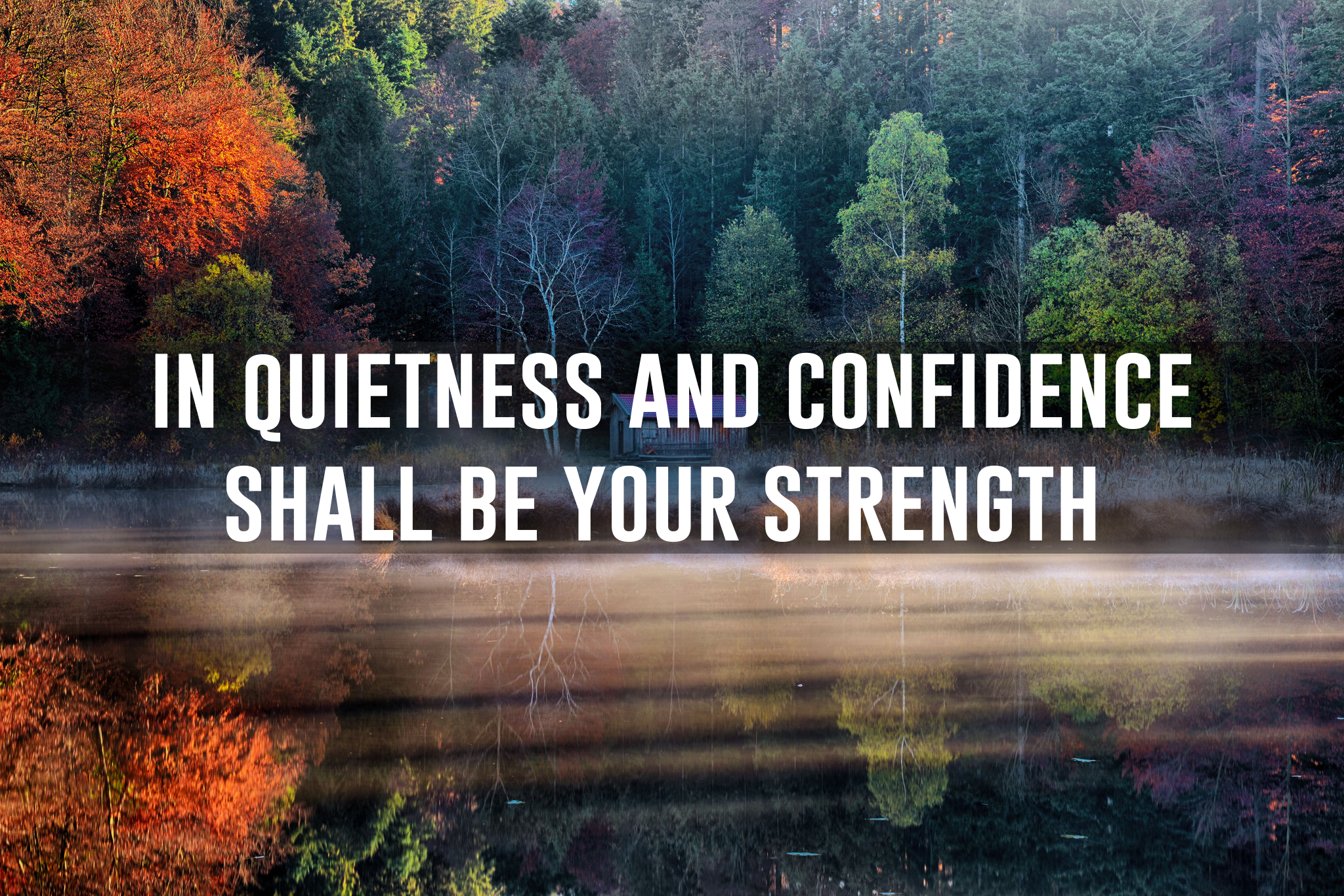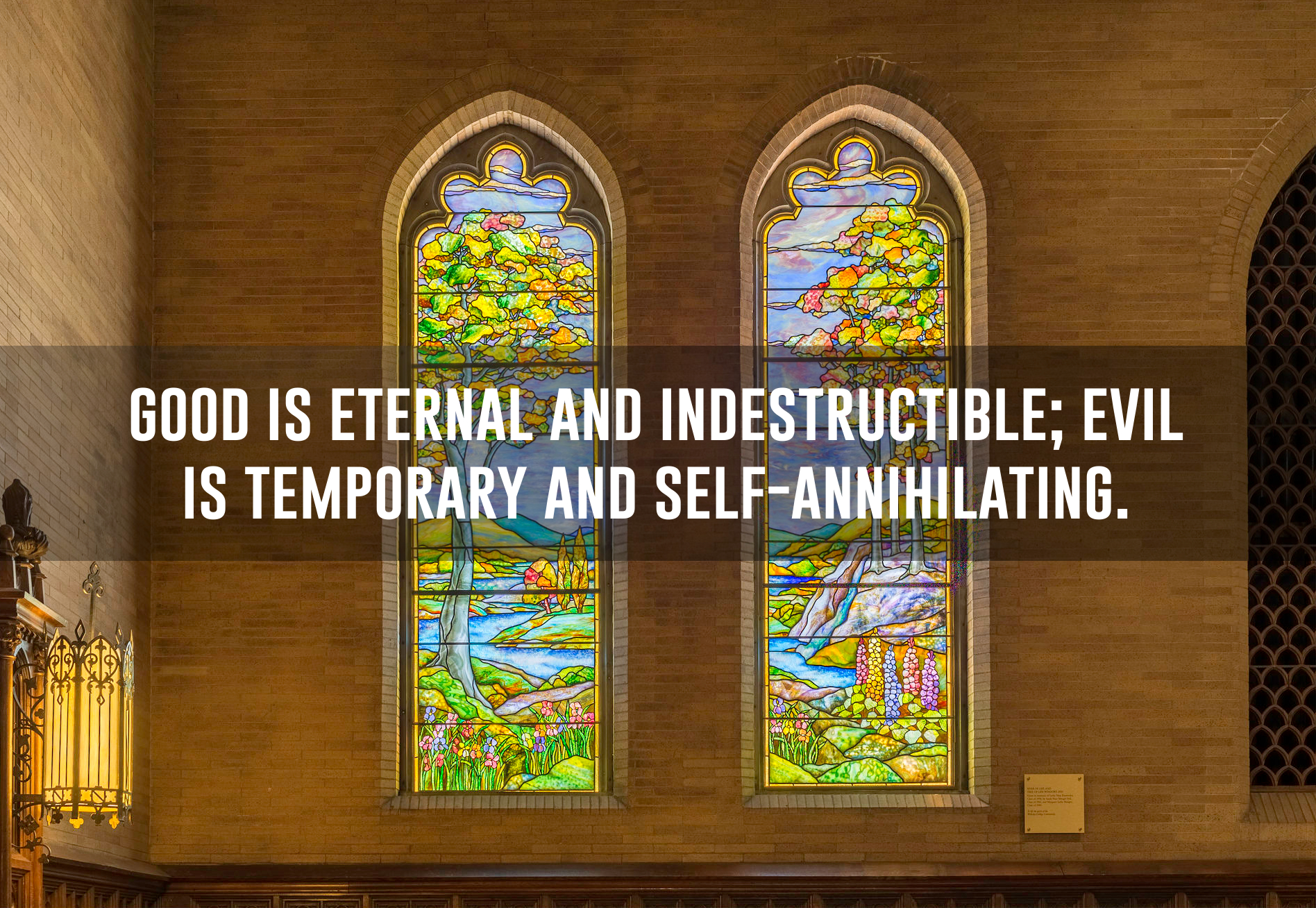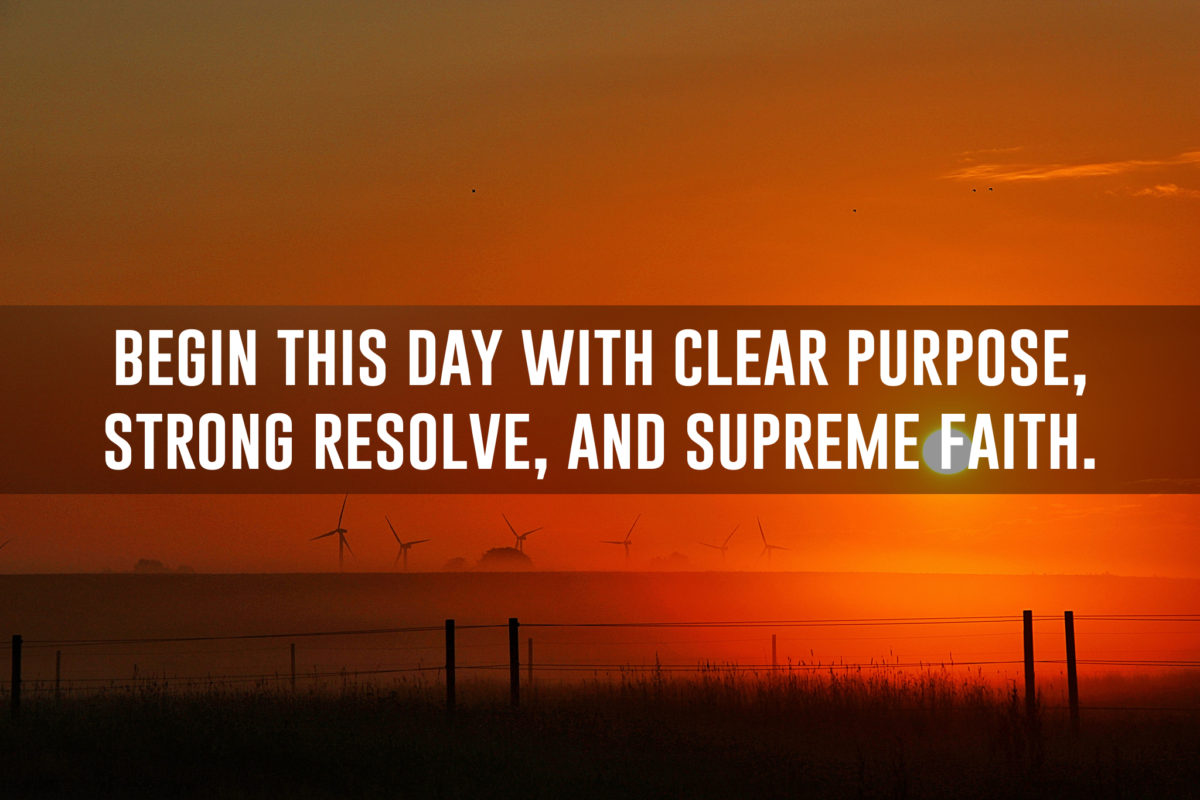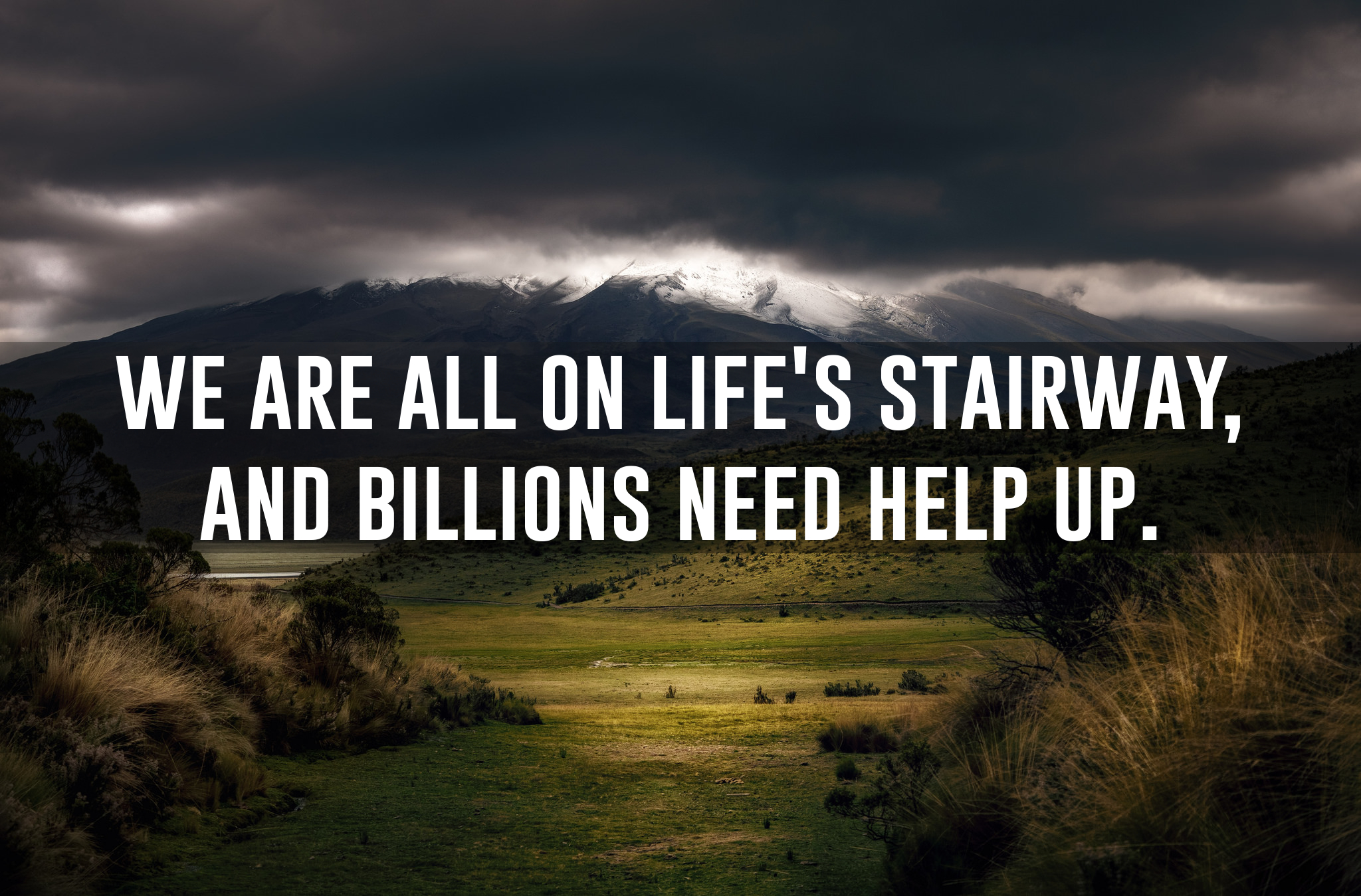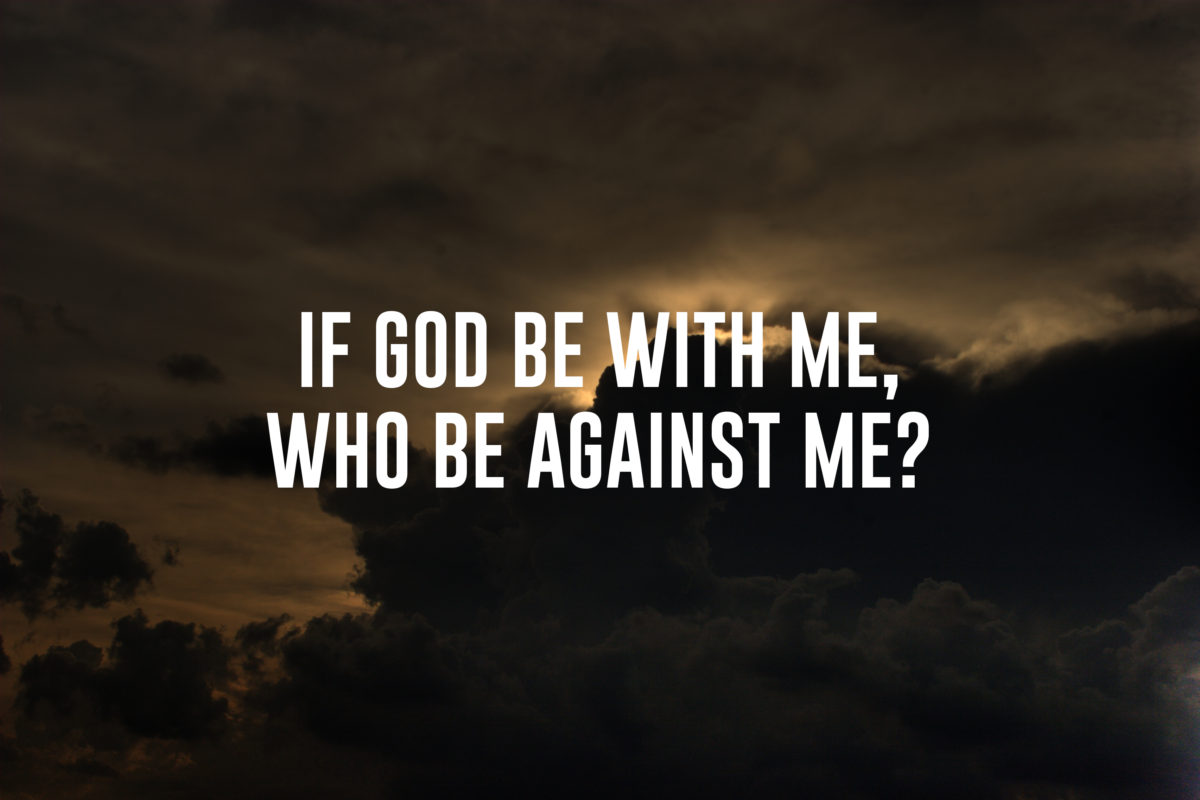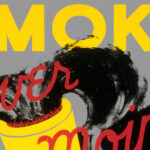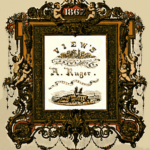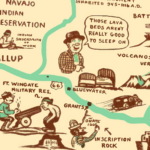Two men were talking about friendship, and one of them had praised Emerson’s splendid essay. The other said,
“I don’t know what Emerson wrote on friendship, but I am willing to accept for myself the definition of a friend, written by some unknown writer, that I found somewhere the other day printed on a little slip of paper. Let me read it to you.”
“What is a friend?” he read. “I will tell you. It is a person with whom you dare to be yourself. Your soul can go naked with him. He seems to ask of you to put on nothing, only to be what you are. He does not want you to be better or worse.
When you are with him you feel as a prisoner feels who has been declared innocent. You do not have to be on your guard. You can say what you think, so long as it is genuinely you. He understands those contradictions in your nature that lead others to misjudge you.
With him you breathe free. You can take off your coat and loosen your collar. You can avow your little vanities and envies and hates and vicious sparks, your meanness and absurdities, and in opening them up to him they are lost, dissolved on the white ocean of his loyalty. He understands. You do not have to be careful.
You can abuse him, neglect him, tolerate him. Best of all, you can keep still with him. It makes no matter. He likes you. He is like fire that purges all you do. He is like water that cleanses all that you say. He is like wine that warms you to the bone. He understands.
You can weep with him, laugh with him, sin with him, pray with him. Through and underneath it all he sees, knows, and loves you.
A friend, I repeat, is one with whom you dare to be yourself.”
Source: Thomas Dreier, Forbes, April 15, 1922
Image: Cynthia Magana






